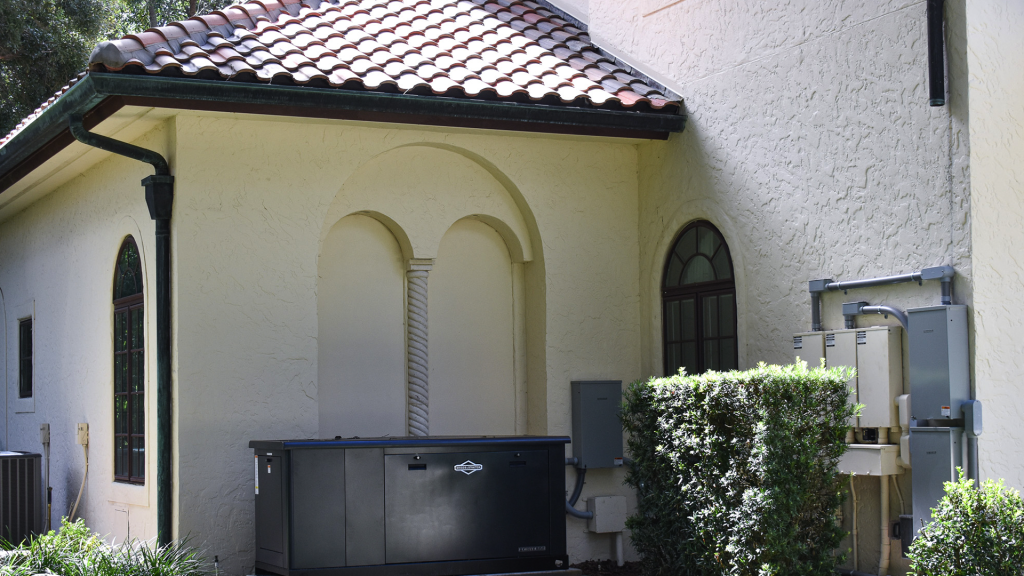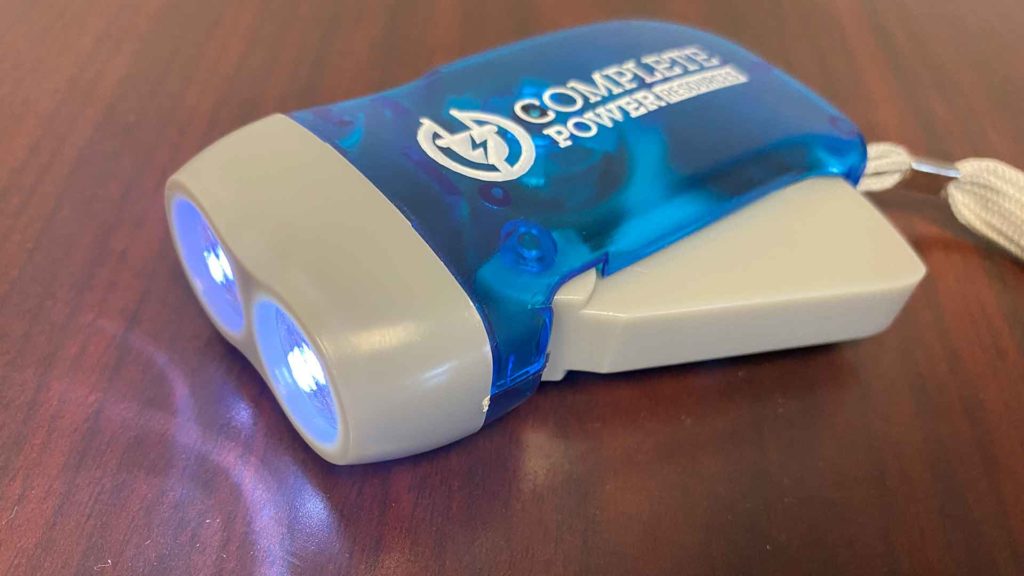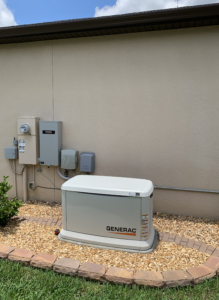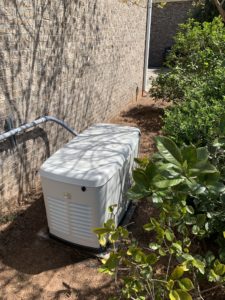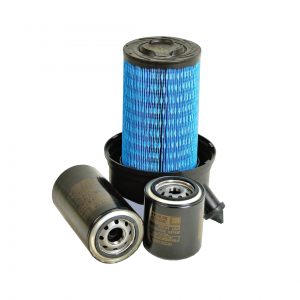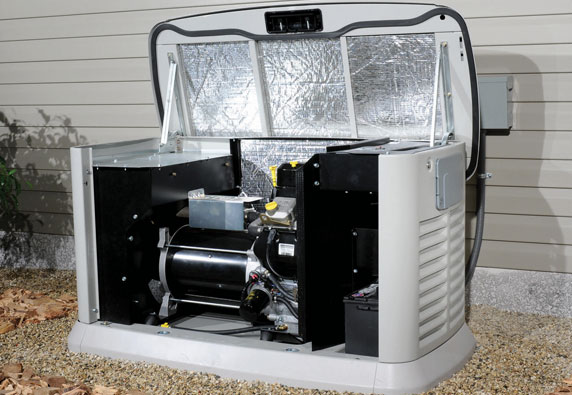
The stormy hurricane season across the southern United States this year left a lot of people with a frustrating reminder of just how problematic it can get to go days, weeks, or even longer without electricity.
All of the basic necessities we take for granted on a daily basis were suddenly gone. It was hot without air conditioning. It was dark without lighting. And amenities from television to computer access to the refrigerator were suddenly out of use.
Those storms had a lot of people, from Texas and Louisiana to Florida, turning to companies like Complete Power Resources so they could purchase a generator for the first time. Complete Power Resources was able to help them get a generator installed at their home. That way, they would never have to endure an electric shortage again.
For those who didn’t purchase a generator this time around but are now thinking about it, here are some helpful tips to consider first.
Why it’s important to have a home generator
Having a home generator is about more than just convenience. This is also about protecting your family when a disaster strikes. A generator becomes your long-term backup solution for a dependable power source whenever you need it.
It’s an ideal solution because during a power outage, a permanently installed standby generator brings power back to your home or business instantly. That’s true even if you’re away at the time.
A standby generator is built to sense when there’s a blackout and immediately begin producing power. Because it’s constantly monitoring incoming utility voltage. It takes only a few seconds for the standby generator to begin supplying electricity to the circuits you’ve selected for generator power.
And it will shut off automatically once your normal power source returns, since the generator now senses that utility line voltage has returned at a steady rate.
Your new generator will be hard-wired into your home’s electrical system. You don’t need to worry about extension cords.
But first you need to think about your own power needs and the right size generator to work best for you. Also think about how to properly maintain it, and what you need to do to set it up. Preparedness is the key to using a generator safely.
There are several factors you’ll want to consider when you’re looking to buy your first generator.
6 Tips Before You Purchase a Home Generator
That includes:
1. Ask about the amount of load that the generator will carry for your home. You want to be sure that in the event of an outage, the generator can meet the capacity of your family’s house.
2. Jot down a list of the electrical equipment you have that needs power if there’s a blackout. And be sure to find out in advance if your generator can handle the power that every single piece of equipment requires.
3. You may need a separate device, an automatic transfer switch to connect the generator to your existing electrical system. Most automatic standby generators come pre-packaged with a transfer switch. And this is something you want to ask about first. The transfer switch is what allows you to safely connect a generator to your home’s electrical circuits.
4. If you live in a region with a lot of salt in the air or high levels of humidity, consider getting an aluminum or composite generator enclosure. They’re resistance to rust and corrosion and protect your generator from the elements.
5. Take some time to educate yourself about what you need to do to keep the generator well maintained. Generators require periodic oil and filter changes. That ensures you get reliable service for years. You can also purchase a preventative maintenance kit. And be sure to get an owner’s manual for routine maintenance procedures and schedules.
6. To determine the right size generator for your home, consider having an installation specialist conduct a load measurement of the circuits you want backed up by your standby generator.
Why are these steps important?
Taking these steps will ensure that during the next major power outage, no matter how long your neighbors and the rest of the city are waiting to get power restored, you’ll be able to keep the lights on. You will also keep the refrigerator running, and the air conditioning or heating units operating.
You also want to consider safety as well. That’s why it’s important to test run the machine before the next outage strikes. Wheel it out to the location where you intend to run it, and try putting it through its paces. You want to be absolutely certain everything works as intended when the power goes out.
It’s also important to have the installation either done, or inspected by, a professional installer. Because overloading a home’s branch circuit poses a risk for creating a fire. That’s particularly true if you have an older home with an aging wiring system.
Conclusion
Complete Power Resources is your source for home based Backup Power Generators. And we have an effective and straightforward installation process.
Our team goes where the backup power generator is going to be installed. We determine the best placement for the unit. We’ll also advise you if we feel there needs to be any changes done to the installation site.
We provide you with a detailed explanation of the equipment required for your power needs. And we give you detailed spec sheets outlining what will be furnished and installed. We handle all your permitting needs.
We have a warranty available to cover your needs in the future. Our expert technicians can troubleshoot any issues
your backup power systems may be experiencing, and we can resolve them in a timely manner.
CPR recommends servicing your backup power unit twice a year. Our annual service plan will allow our certified technicians to perform a variety of safety and reliability checks on your unit. Performing routine maintenance on your system helps ensure it works when you need it most.
Call us today at 866-330-4277 to learn more about getting a generator to protect yourself and your family the next time there’s a natural disaster and a widespread power outage where you live.
